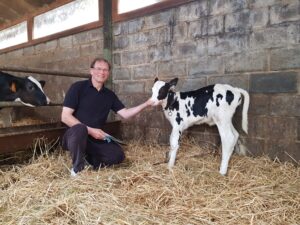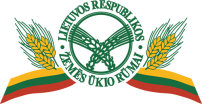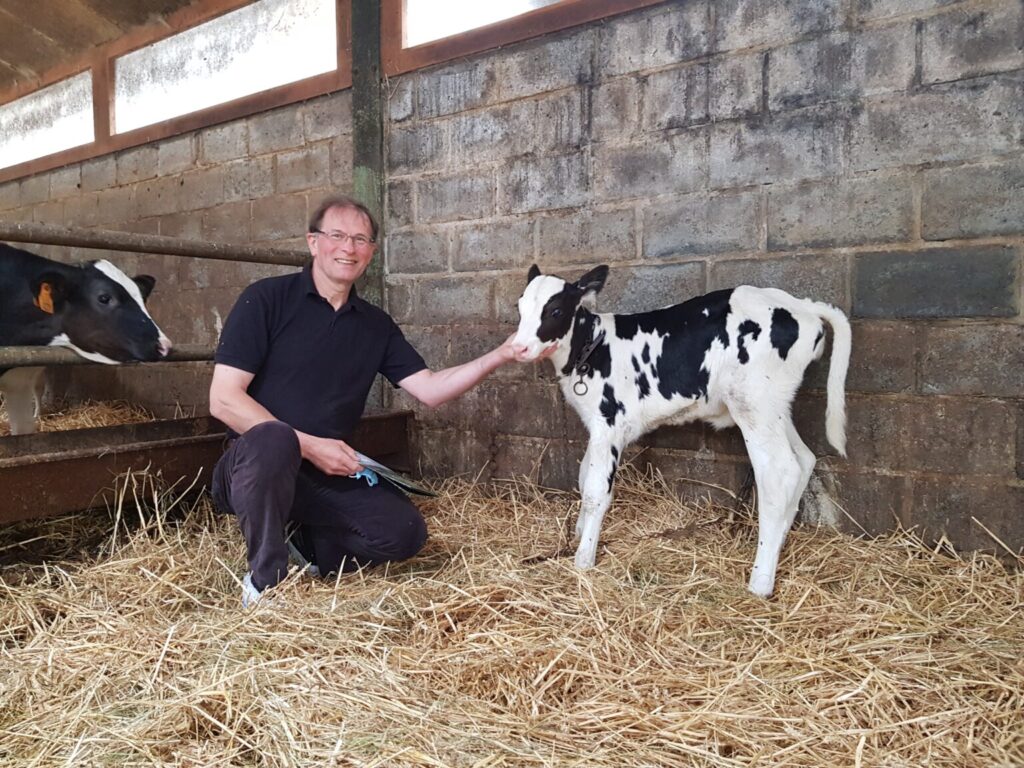President of the Chamber of Agriculture dr. Arūnas Svitojus, who participated in the working groups of the ongoing HORIZON 2020 project R4D, which took place in Luxembourg and Belgium, notes that in order to contribute to the Green Course goal of reducing greenhouse gas emissions in agriculture, special attention should be paid to climate-friendly farming methods. livestock sector.

For this goal, farmers, scientists, researchers, representatives of farmers’ organizations from as many as 15 countries: France, Denmark, Luxembourg, Hungary, the United Kingdom, Belgium, Spain, Italy, Finland, Poland, Ireland, Germany, Slovenia, the Netherlands and Lithuania have pooled their experiences and knowledge for innovation and the dissemination of good practice. On farms in Belgium and Luxembourg, we discussed and explained the factors influencing the genetic potential of animals. Farmers in Luxembourg have stated that they pay close attention to increasing the genetic potential of animals. Genome research is used here and only the most genetically productive animals remain on the farm. But in addition, transplantation of embryos from the very best cows and sex of sperm are very popular. In Belgium, about 5% of dairy farms already produce organic milk today, and in the future they plan to produce as much as 30%. organic milk. Undoubtedly, such a jump in organic milk production is driven by milk prices. The price of milk is 32-35 cnt / l, and organic – 50 cnt / l. At the same time, farmers, as part of the rural community, are happy to contribute real work to a healthier diet, a cleaner environment, and biodiversity. Farmers stressed that they needed information and the help of consultants for animal reproduction, feeding, farm sustainability, marketing, etc. issues. The participants of the project were introduced to the exemplary farm of the Luxembourg farmer Pit Bosseler, which has 200 cattle, 65 dairy cows, 120 ha of land. The average milk yield from a cow is 11,815 liters of milk. It produces almost 800,000 l per year. Good examples always inspire and provide not only knowledge but also a desire to improve.
The project is based on a multifunctional approach to intensify cooperation between researchers, consultants, farmers and farmers’ municipalities in order to exchange knowledge and good practices. The project partners from all 15 countries not only discuss but also exchange experiences on economic and social resilience, technical efficiency and environmental, animal welfare and socially friendly production systems. The countries involved in the project share innovative ideas and methods, research results that will be applied in demonstration farms. Project participants from all countries aim to contribute to an international ecosystem that promotes the exchange of knowledge at international level in order to increase the economic viability and sustainability of the European dairy sector.

